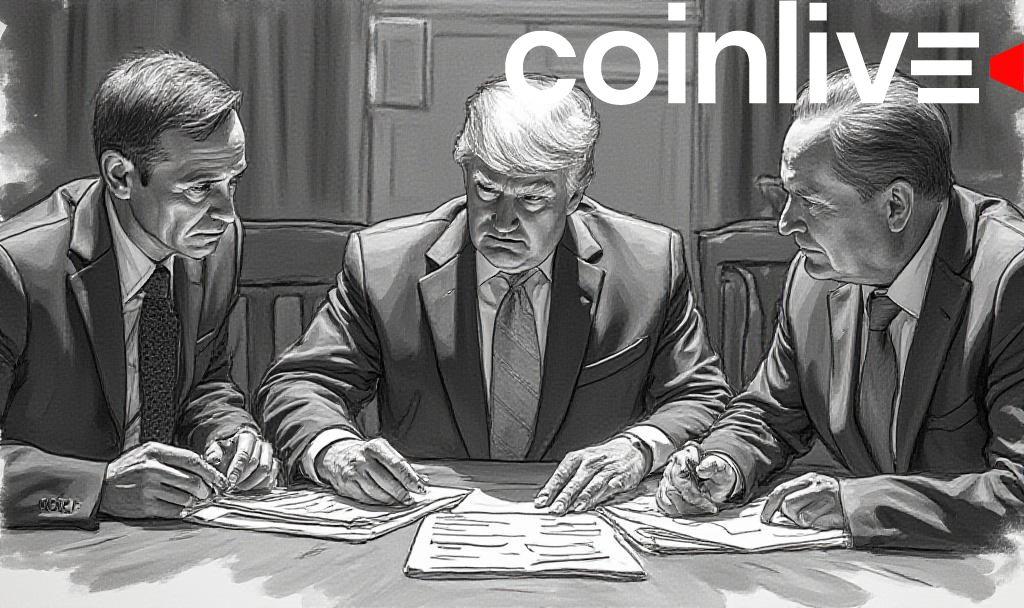- Main event, leadership changes, market impact, financial shifts, or expert insights.
- No on-chain fluctuation reported.
- No direct impact on BTC, ETH noticed.

Donald Trump’s family has reduced their stake in World Liberty Financial from 60% to 40% in June 2025.
This shift in holdings reflects changes amid evolving U.S. regulatory policies with minimal immediate market disruption.
World Liberty Financial, associated with Donald Trump and his family, saw a reduction in their ownership from 60% to 40% by June 2025. The divestment through DT Marks DEFI LLC represented a financial shift, likely motivated by changing regulatory landscapes. Despite holding significant stakes, Trump and family are not involved in operational roles at World Liberty Financial, limiting their role to equity holders. This decision potentially netted the family substantial returns, though no direct public statements have been made by Trump or his family.
Trump did post on social media urging Congress to pass the stablecoin regulation bill ‘ASAP’ shortly after the divestment.
Notably, the stake reduction occurred around the passage of the GENIUS Act—a bill concerning stablecoin oversight—suggesting possible intent to adjust exposure to regulatory changes. Immediate effects on the USD1 stablecoin, managed by World Liberty Financial, have been insignificant with no on-chain disruptions reported. The stablecoin, pegged to the U.S. dollar, remains stable with no impact observed on major cryptocurrencies such as ETH and BTC.
Regulatory changes, like the GENIUS Act, may influence how influential figures divest or retain crypto-related holdings. Lack of remarks from key opinion leaders indicates a muted impact on broader crypto markets or social sentiments. As reported, Trump may have sold stake amid positive US stablecoin news. These events underscore significant intersections between governance, finance, and cryptocurrency, awaiting further reactions or regulatory moves.
Insights on the future include potential adjustments in regulatory scrutiny and market positioning by influential figures as U.S. financial policies evolve. Historical patterns show potential impacts on token valuations and market trust, yet no immediate effects have materialized in this scenario.








